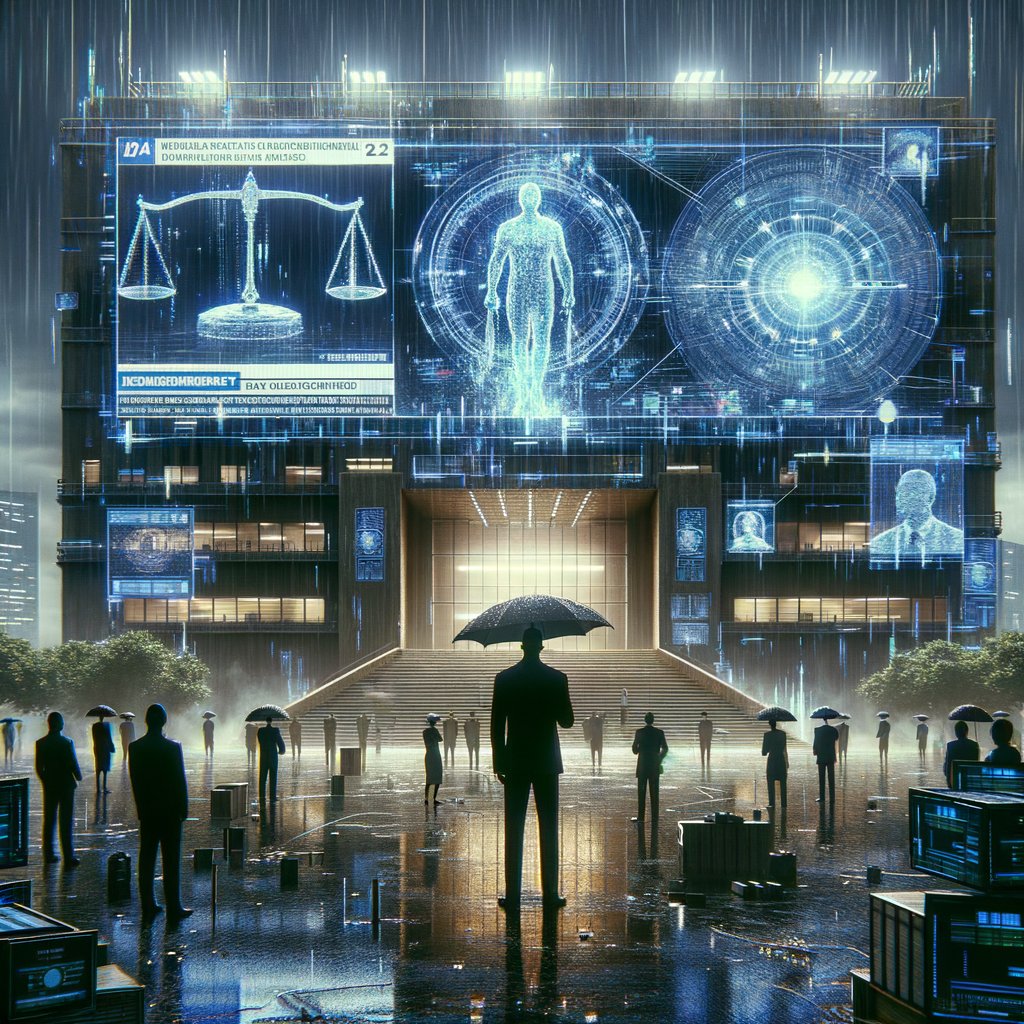Image created by AI
The Unresolved Shadows of Corruption: President Ramaphosa and the Simelane Scandal
President Cyril Ramaphosa’s handling of the Thembi Simelane scandal has sparked widespread concern about the commitment of South Africa’s leadership to combat corruption. Simelane was implicated in a scandal involving a questionable monetary transaction linked to the infamous VBS Mutual Bank. Instead of removing her from the cabinet, she was merely transferred from her role as Minister of Justice to that of Human Settlements.
This shuffle has drawn significant criticism, questioning President Ramaphosa’s stance on corruption, an issue he once promised to tackle head-on. The incident traces back to when Thembi Simelane, as the Mayor of Polokwane, reportedly received an irregular "loan" of R575,600 from Gundo Wealth Solutions. This company was involved in channeling municipal funds into VBS Mutual Bank, which later collapsed due to widespread corruption.
Despite the gravity of these allegations, it took the president months to act. When action was finally taken, it was not the dismissal many expected but a lateral transfer. This move has been perceived as a mere slap on the wrist, insufficient in addressing the root issues of accountability and transparency within the South African government.
The indecision and apparent lack of decisive action from the president are particularly glaring as South Africa has recently been criticized in forums like the G20 for its handling of financial corruption. This outcry coincides with the country's ongoing efforts to erase its reputation connected to extensive government corruption, which undermines both domestic and international trust.
The president’s actions—or lack thereof—contradict the country’s expressed commitments in international circles, especially following his leadership designation at the G20 Summit. This role is supposed to exemplify South Africa’s dedication to fighting corruption on a global scale, yet the domestic contradictions present a stark irony.
Amid these controversies, the Democratic Alliance (DA) in South Africa has proposed the creation of an Anti-Corruption Commission, which would function with a high degree of independence to combat the impunity currently observed amongst high-ranking officials. This commission aims to be a robust body with the autonomy to investigate and prosecute serious corruption cases.
For the public and observers alike, the Simelane scenario encapsulates the broader systemic issues plaguing South Africa’s political landscape. It highlights a portrayal of a government embroiled in internal conflict and indecision, especially concerning members accused of corruption. Even more concerning is the perceived normalization of such behaviors, which are often glossed over due to political affiliations and status.
For now, the lingering questions about Simelane’s role and the president's reluctance to decisively address these serious allegations continue to erode public confidence in governmental leadership. This simmering discontent represents a pivotal challenge for Ramaphosa’s administration—one that requires more than just political maneuvering but a firm commitment to ethical governance.










